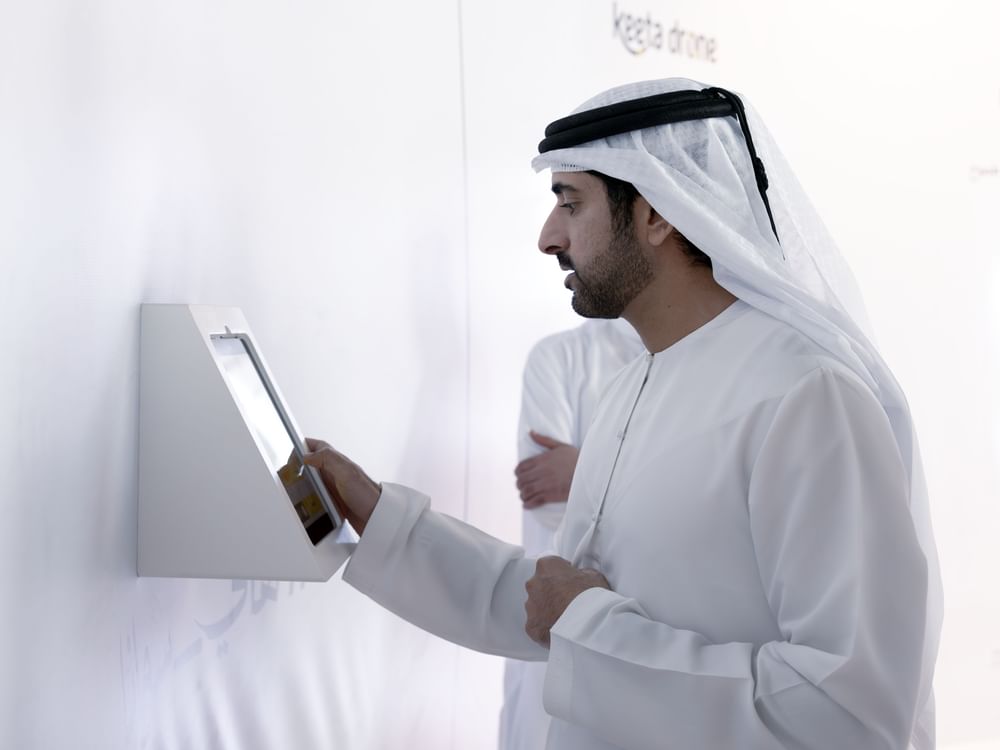The election of Lebanon’s new president marks a pivotal moment for the nation’s political stability. After months of deadlock and uncertainty, this development is seen as a vital initial step towards resolving the country’s ongoing economic and social crises. According to a senior United Nations official, this long-awaited decision provides a glimmer of hope for greater political coherence and progress in Lebanon.
Why the Presidential Election Matters
Lebanon’s leadership vacuum has been a persistent obstacle to addressing the nation’s most pressing challenges. Without a president, the country has faced escalating economic turmoil, political gridlock, and declining public trust in governance.
The latest election sends a clear signal: stakeholders are finally prioritizing the nation’s recovery. The newly elected president is expected to unite political factions, spearhead reform efforts, and negotiate with international donors to unlock much-needed financial aid. This is an exciting possibility for citizens who have endured growing poverty and inflation rates in recent years.
The Role of International Support
The international community, including the United Nations and key allies, has consistently urged Lebanon to fill the political vacuum. With a president now in place, officials hope Lebanon will capitalize on the opportunity to implement reforms that can alleviate widespread challenges in governance, finance, and public services.
“Electing a president is just the first step. Stability will depend on the leadership’s ability to deliver on promises for reform and rebuilding trust with the people,” stated the senior UN official.
This renewed optimism, however, comes with expectations. The international community has made it clear: aid and economic support will be conditional on tangible change in Lebanon’s policies and governance practices.
The Immediate Challenges Facing the New President
While the election is undoubtedly a positive step, the challenges ahead remain significant. The new president will inherit an economy in freefall, with the Lebanese pound losing over 90% of its value during the economic collapse. Additionally, the country is grappling with:
- High unemployment rates that have pushed many skilled workers to migrate.
- A severely damaged banking system that has eroded citizens’ savings.
- An energy crisis leading to frequent electricity outages.
- A growing refugee population that strains existing resources.
The burden of resolving these complex issues calls for bold and decisive action. The government must commit to long-overdue measures, such as restructuring the banking sector, revamping public institutions, and establishing anti-corruption mechanisms to restore public faith.
How the Lebanese People Are Reacting
For the people of Lebanon, this election is a mix of relief and skepticism. Citizens are eager to see if the new leadership will finally bring tangible change. The past few years have led to a widening gap between the government and the public, with protests becoming common over poor living conditions, inflation, and lack of services.
Reactions on social media platforms reveal a cautious optimism among Lebanese citizens. While some express hope for a new chapter, others stress that trust will only be rebuilt through action, not promises.
Restoring Economic Growth
Fixing Lebanon’s economy is perhaps the most pressing task. Analysts widely agree that the new administration must:
- Seek aid packages from the International Monetary Fund (IMF).
- Negotiate debt restructuring with international creditors.
- Strengthen sectors like energy, agriculture, and tourism to stimulate growth.
- Implement social safety nets for vulnerable populations.
However, these solutions will require unity among Lebanon’s political factions—a difficult task given the country’s deeply entrenched sectarian divisions.
What Does This Mean for Lebanon’s Regional Role?
Lebanon’s stability is critical for the broader Middle East region. In recent years, geopolitical tensions have added another layer of complexity to the nation’s political scene. By stabilizing its internal environment and adhering to commitments, Lebanon could improve its relationships with regional neighbors and play a more balanced diplomatic role in the Middle East.
Moreover, regional allies such as the Gulf countries have expressed willingness to support Lebanon—but only if reforms are made in good faith. This partnership underscores how external dynamics could assist Lebanon’s recovery, provided the new leadership takes credible steps in the right direction.
International Reactions to Lebanon’s Election
The UN, France, and other influential powers have welcomed the news of Lebanon’s election, emphasizing their readiness to support the nation’s reform efforts. A joint statement released shortly after the election highlighted the importance of accountability and transparency in the administration’s future dealings.
This international backing not only reinforces the election’s significance but also serves as a gentle reminder that the global community will closely monitor Lebanon’s progress in the coming months.
Moving Forward with Cautious Optimism
Lebanon’s journey towards stability is far from over, but the election of a new president is a significant first step. While challenges like economic recovery, institutional reform, and public trust remain daunting, this moment represents a chance for the country to reset and rebuild.
For Lebanon, 2025 could mark the start of a brighter chapter, provided that its new leadership acts with unity, purpose, and commitment to lasting change. The road ahead will require not just political agreement but the active engagement of Lebanese citizens, international allies, and regional partners.
Lebanon’s future will depend on whether this crucial step towards stability is followed by consistent and strategic actions to address the nation’s challenges. For now, the world watches with hope and expectation.
Tags: Lebanon presidential election, Lebanon stability, Lebanon economy, Lebanese leadership, political reform, Middle East stability, Lebanon 2025




